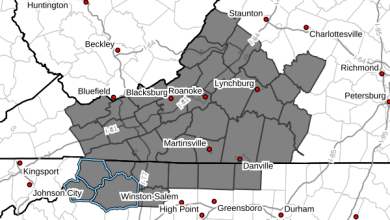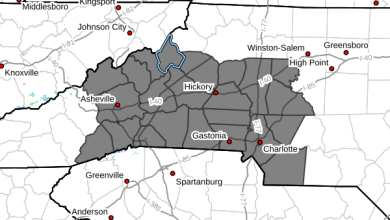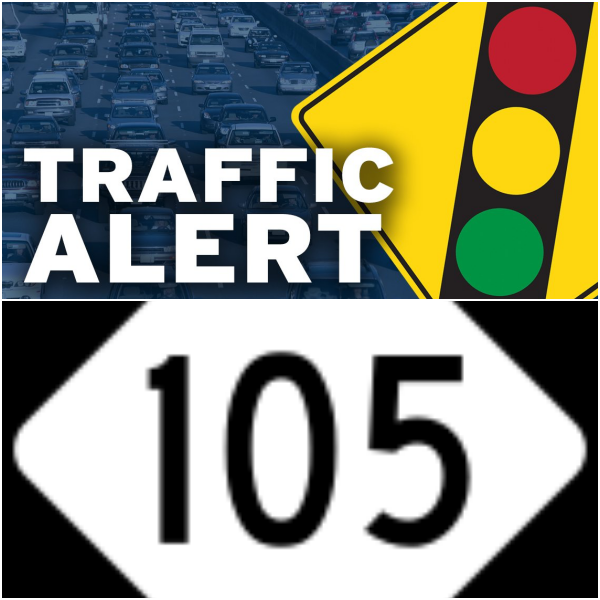
Last Updated on August 5, 2024 6:44 pm
RALEIGH: Today, Governor Roy Cooper signed an Executive Order declaring a State of Emergency ahead of severe weather expected across the state. Tropical Storm Debby has the potential for life threatening flash flooding, riverine flooding, wind gusts up to 40 mph, coastal impacts and other effects. After making landfall, Hurricane Debby has now been downgraded to Tropical Storm Debby but still has the potential to have strong impacts on North Carolina.
“This weather has the potential to bring intense rain and flooding to North Carolina and we are preparing for it,” said Governor Cooper. “As the weather becomes more severe, I urge everyone to take precautions and stay safe.”
The Order activates the State Emergency Operations Plan and allows for the North Carolina Department of Transportation and the North Carolina Department of Public Safety to take the appropriate action to ensure the expeditious movement of utility vehicles to eliminate power outages, vehicles carrying essential supplies such as food, medicine and fuel or transporting livestock, poultry and crops.
The Governor and NC Emergency Management officials are urging North Carolinians to be safe and cautious during heavy rainfall and winds, and to expect flooding and power outages as a strong weather system will impact the state starting Tuesday through the end of the week. Damaging winds and saturated soils might also lead to blown down trees and power lines, causing possible scattered to widespread power outages.
Residents are advised to stay aware and keep a watch on the forecast. State officials advise these tips to make sure your family is personally prepared:
- Have multiple ways to receive emergency info, including watches and warnings. Make sure emergency alerts are enabled on your cell phone and download a weather app.
- Have an emergency plan. Know where you would go if you need to evacuate. Make a plan to stay with family, friends or at a hotel. Public shelters should be a last resort.
- Gather some emergency supplies or refresh your emergency kit. Visit ReadyNC.gov for info on how to build an emergency kit.
- Never drive through flooded roadways or around barricades.
- Make sure you know where to seek shelter if a tornado warning is issued for your area.
- Ensure that you have multiple ways to receive warnings, especially with the potential for severe storms to be moving through during nighttime hours.
- Check to see if your community offers emergency alert services for its residents.
- Avoid unnecessary travel.
Read the State of Emergency.




















